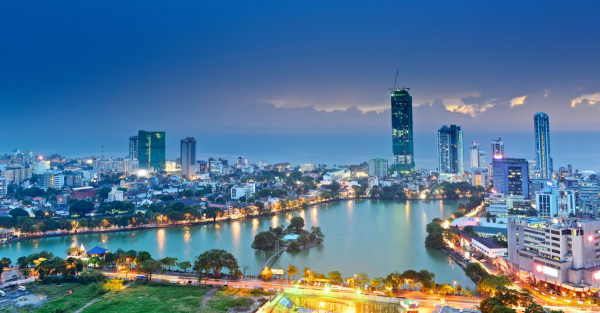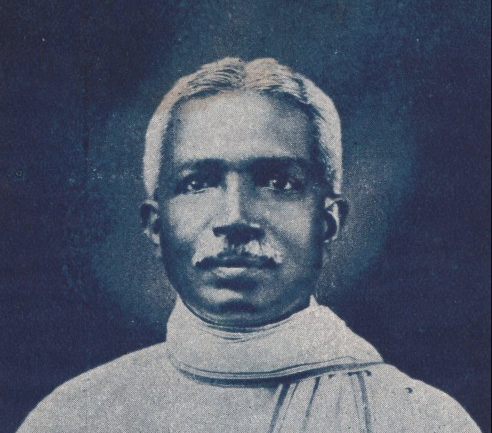
Mohini* is a 23 year old trans-woman from the North. She identified as a female when she was as young as 10 years old, and has gone through bureaucratic processes to legally change her name and gender. She is now married to a distant cousin from a neighbouring village, and wants to adopt a child.
While this may seem rosy, it isn’t really. The neighbours know she had a gender transformation, and often pass jibes. Mohini hopes that becoming a mother would make life easier—and is looking for surrogate mothers.
“I don’t want to go through the adoption process and leave a trail which could be traced by inquisitive people. I’m actually hoping to stay with friends for a few months and then let a rumour out that I’m pregnant—and then go back home with a baby…so I’m currently looking for someone who is pregnant but doesn’t want to keep the baby,” she elaborated.
Out Of Colombo
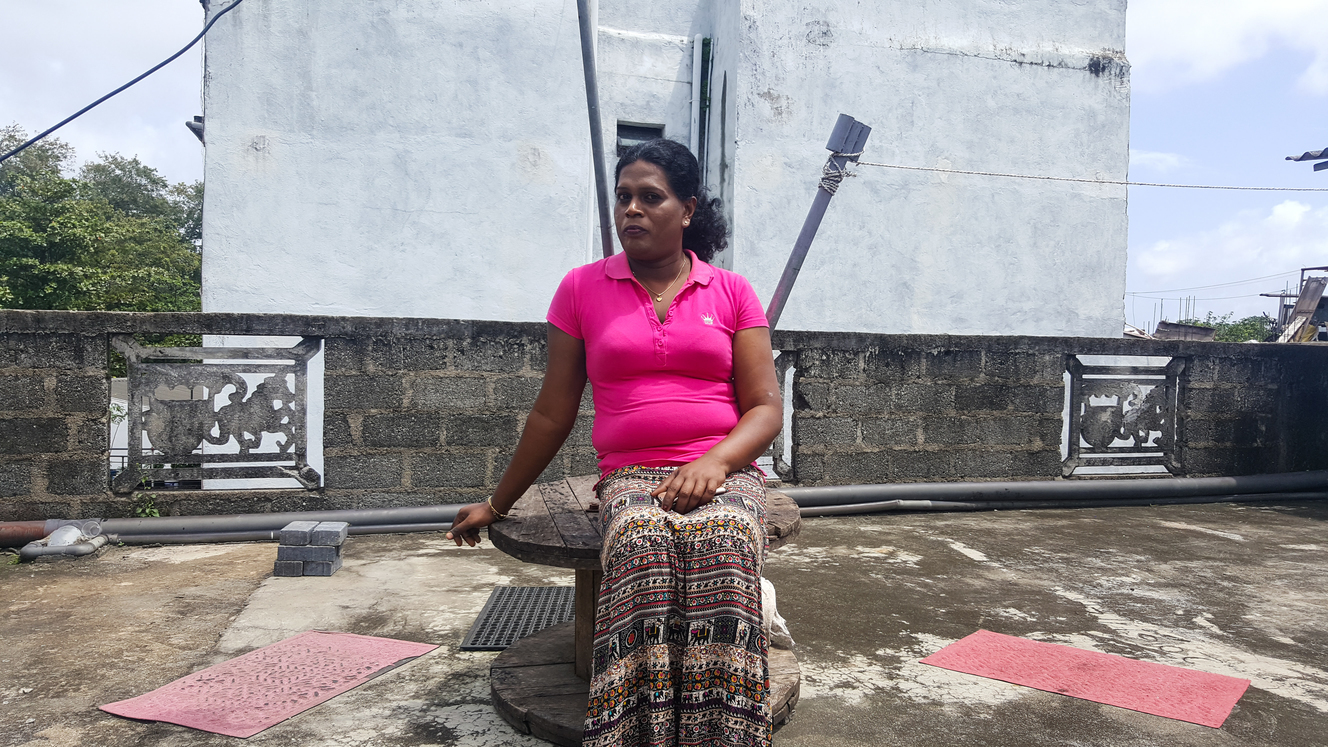
Speaking on the condition of anonymity, Mohini tells us that Colombo is a lot more accepting and open towards crossdressers and transgenders. She found a community of people who understood her predicament and helped her, only after moving to the city after school.
“I was more comfortable with the girls in school than with the boys. Even the teachers knew I was more feminine and often called me by my female name. Everyone in school was okay with me being like that until we hit our teens—that’s when the kids started making fun of me and then I alienated myself,” she said. Her family was embarrassed by her as well, compelling her to move to Colombo and find work: which was when she met others from the trans community. Having applied as a cashier at a small communication, she received the job as no one in Colombo knew of her identity. Her employer thought she was a woman, and she did not intend to reveal her former identity.
She notes that many trans women in the North are closeted, often revealing themselves only at gatherings where privacy is ensured.
“Even if you explain what it means to be trans, my community just can’t understand it. They pretend the gender change doesn’t exist and is a phase we’d pass through,” she added, elaborating that this was the primary reason she wanted a child—so people would accept her as a ‘real’ woman.
Her observations about Colombo being more accepting of trans people is echoed by Rithika Fernando (38).
Fernando hasn’t visited her hometown in years, having moved to Colombo from Kegalle over a decade ago. Growing up in a hostel, she was subjected to harassment and abuse due to her feminine nature.
“This made me really depressed. I was unhappy, going crazy. I pretended to be a boy for the longest time, and this duality also stressed me out a lot because I had to be two people at once,” she said.
Contact with her family ceased after she moved to Colombo—and now she avoids them as she is afraid her presence would damage her sister’s marriage.
She also feels that Kegalle is a lot more intolerant of trans people than the Northern province.
“The Tamils there are immersed in theatre, and they have men who cross-dress for cultural practices often—so [a male] being feminine isn’t an entirely alien concept,” she elaborated, claiming that this isn’t the case in other areas where gender roles have clear demarcations.
Coming Out In Colombo
Younger LGBTIQ activists tell us that revealing their true gender identity is easier in Colombo. The community is larger, and the general populace are more tolerant as a result.
An undergraduate at the Open University, Rashmini* ‘came out’ in January earlier this year. Her batchmates and the academic staff were supportive of her, and the only negative experience she’s had so far was of street harassment doled out by girls who judged her figure.
Her transition was smooth, even to the extent that she found public officials at the passport office being courteous.
“They were really supportive. I have a male passport, and when I went to collect it, they called me ‘miss’, so I got really confused…and then worried. What if they didn’t give me the passport because the gender in it was male but I look female? But they told me not to worry about it, they understand,” she said.
An activist affiliated with the Transgender Network, Dilshani* stressed that a lot of people [in Colombo] have become more understanding over time, and are not as narrow-minded anymore. She hasn’t faced any challenges with her transition either, but admits that changing people’s perceptions took a bit of work.
“You can’t label people as either good or bad—they’re all just people at the end of the day. Just like with anything else, you have to make people understand you and who you are—and that’s how they accept you. Of course there are also some people who would never accept change, but that’s how the world is. That said, Colombo is pretty advanced now, so we’re okay,” she said.
However, according to Tanya, the Acting Executive Director of Heart to Heart Lanka, it is still difficult for people from poorer families to come out, find jobs, or be treated with dignity.
“It’s very hard, in reality. It’s quite alright for the posher Colombo 07 people; they can be doctors and lawyers and such. The poorer people have it harder and are often mistreated, which is why they leave their families or live a life of secrecy. It’s also really hard to find work thanks to societal perceptions, which again is why you get many trans people who are engaged in sex work or who are dancers,” she added.
When Roar Media queried as to why the trans community claimed Colombo to be more open and accepting if it wasn’t so, Tanya told us that it was because where most of the trans community converge.
“There’s more of a network here, and there are a lot more facilities than there are outstation. You do get a lot of closeted people in Colombo as well, but you also get a good support system. You won’t see hundreds of us in public though, because we’re a relatively small community in a country with an already small population. It’s not like in America or India and all,” she concluded.
This isn’t to say that there is enough trans visibility in Colombo; the activists tell us that transmen have a harder time revealing their gender identity.
“At the end of the day, coming out is a relief. Until then, you’re in conflict about your identity, your relationships, and your life. It’s a very lonely and depressing place to be in,” Dilshani added.
In 2016, the Human Rights Watch published a report titled All Five Fingers Are Not The Same. It highlighted concerns faced by the trans community in Sri Lanka, including the lack of visibility, especially when compared with South Asian countries like India and Nepal, both which have officially recognised a third gender.
You can read more of our work on what it means to be transgender in Sri Lanka, here.
*Name has been changed to protect identity.
Feature Image: Flickr.com/Rohan Rengadurai
Editors note: Names and photos of several interviewees have been removed based on their request after publication.

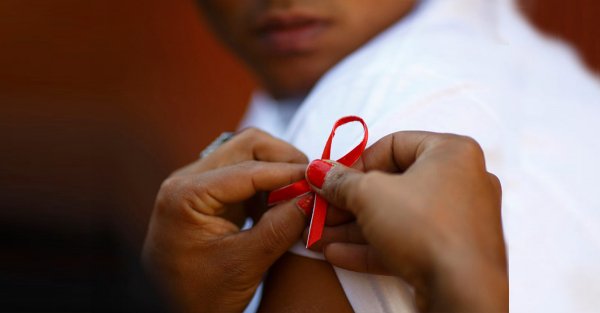
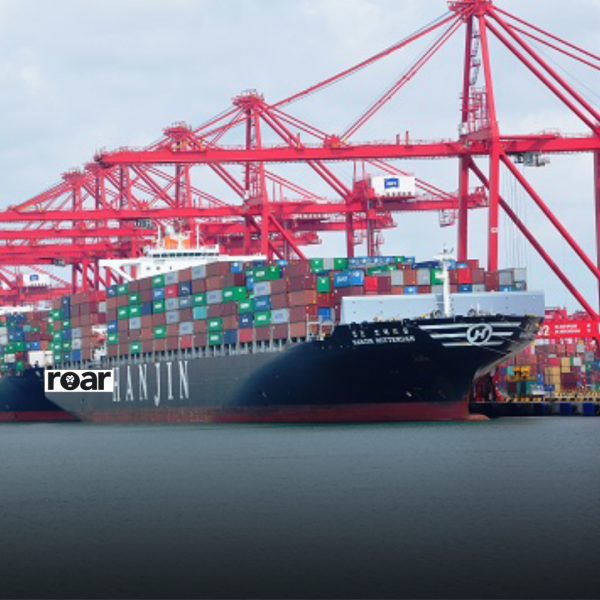

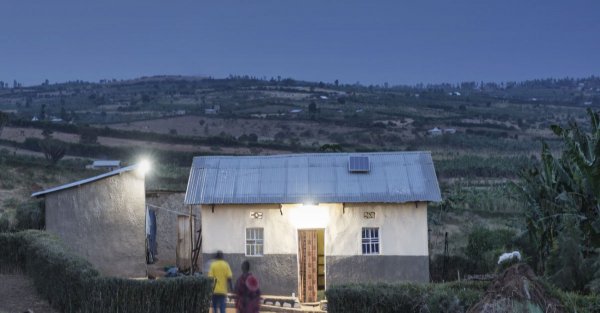
.jpg?w=600)
